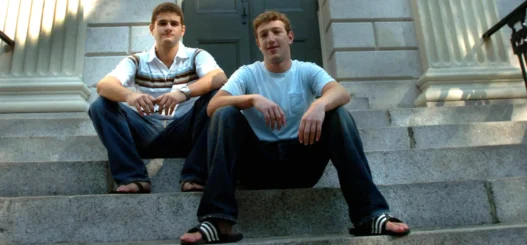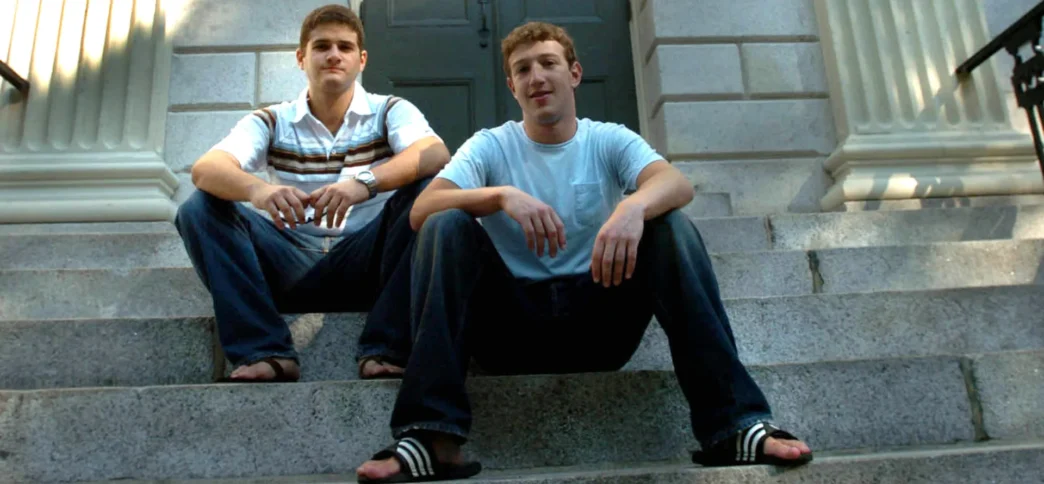There was a time, not that long ago, when social media felt like a revolution. Not a noisy or destructive one, but a hopeful rebellion.
A rebellion against isolation, gatekeeping, and information silos. In its earliest form, social media promised access, agency, and a chance to be seen.
We were told these platforms would democratize connection. They would amplify marginalized voices.
They would help us stay in touch with people we love. They would give rise to movements. And in some ways, they did.
But that promise has faded. Not because connection isn’t needed, but because the tools we trusted got bought, monetized, politicized, and hollowed out.
When Idealism Became Industry
The first iterations of Facebook and Twitter felt personal. They offered imperfect but humanized digital communities.
You knew who you were talking to. You weren’t being mined for profit with every click.
But that changed fast. Once public and VC-backed, the incentive wasn’t building better connection, it was maximizing engagement. And the most engaging content is often the most divisive.
Algorithms began to reward outrage. Platforms turned our behavior into behavioral data. Attention became the product. Profit became the mission.
And what about the users? We became tired. Tired of performing. Tired of comparing. Tired of doomscrolling.
What We Lost
We lost the promise that these platforms would make us feel more connected. Loneliness is higher than ever. Teens report rising rates of anxiety and depression, closely linked to social media use.
Trust in what we see online has plummeted.
We also lost nuance. Platforms built for speed have no space for depth. Ideas are collapsed into soundbites.
Movements are flattened into hashtags. Misinformation spreads faster than facts ever could.
And somewhere in that chaos, mental health, once a hopeful area of awareness on social media, became just another branded campaign.
What Mental Health Awareness Month Can Teach Us
This May, as we observe Mental Health Awareness Month, we should ask: How are our digital lives shaping our emotional lives?
Awareness without regulation is a dangerous thing. Social media platforms talk about mental health in curated campaigns while quietly running algorithms that thrive on dopamine and conflict.
If these platforms truly cared, they’d redesign for well-being, not virality.
What We Can Do
As users, we’re not powerless. We can:
- Curate our feeds for meaning, not metrics.
- Take regular breaks and build offline connection.
- Support platforms and creators that prioritize honesty over influence.
As a society, we need better guardrails: data protection, algorithm transparency, and education on digital well-being.
Because the early promise of social media wasn’t wrong! We do need connection. We do need voice. We do need community. But those things don’t come from being endlessly online.
They come from intentionality. From trust. From spaces built for people, not profits.
If social media ever wants to fulfill its promise, it has to stop pretending connection is a feature and start treating it like the foundation.























